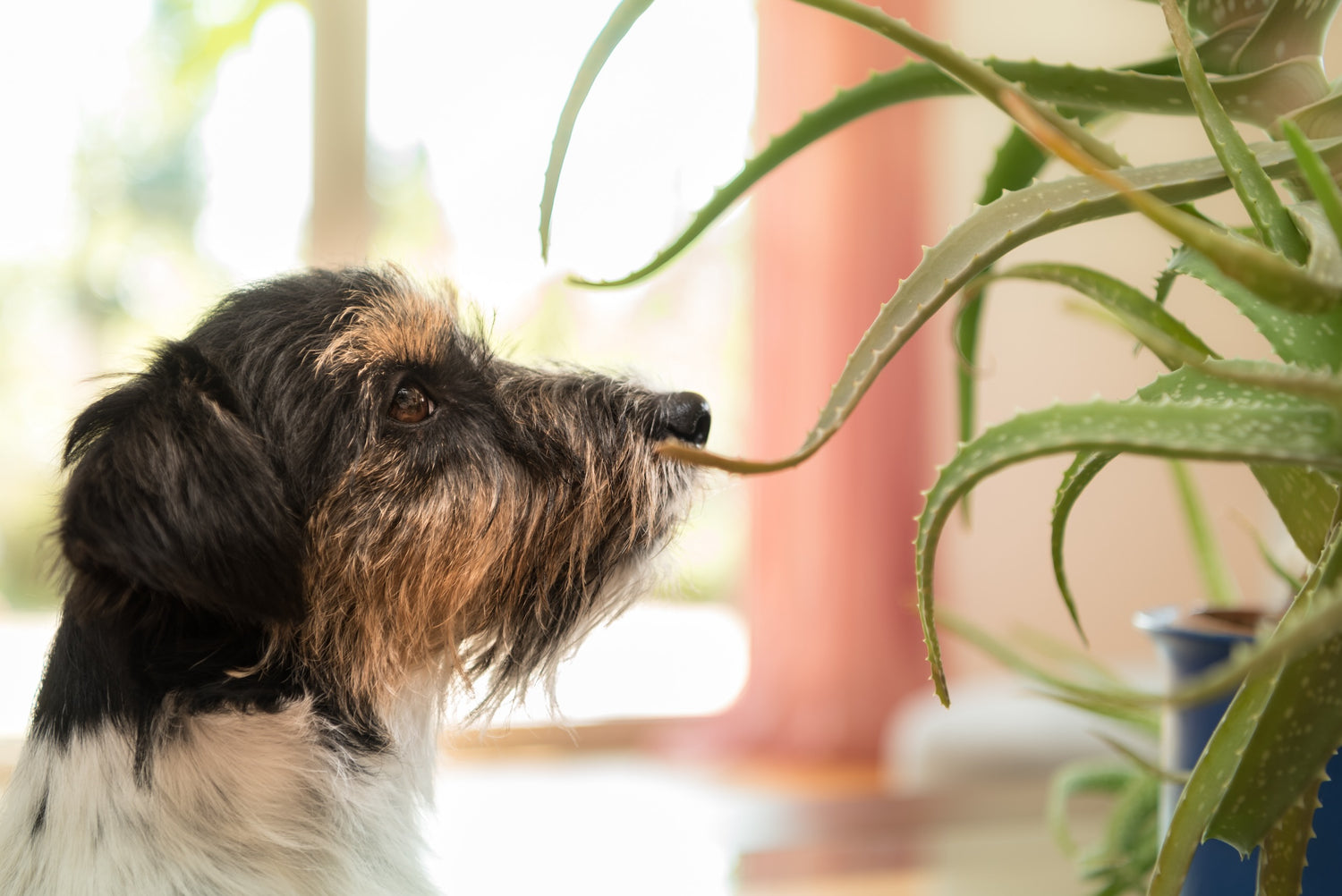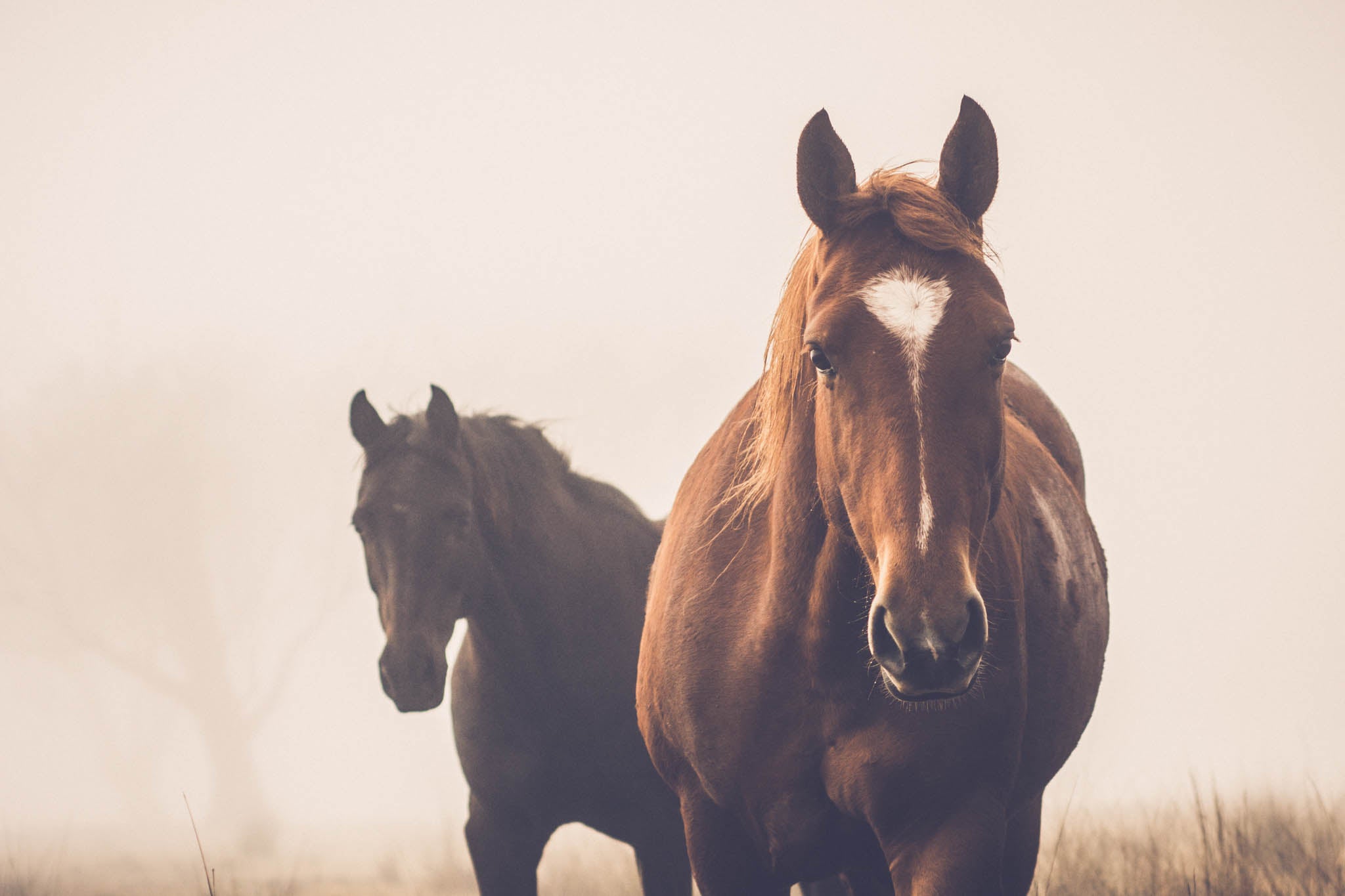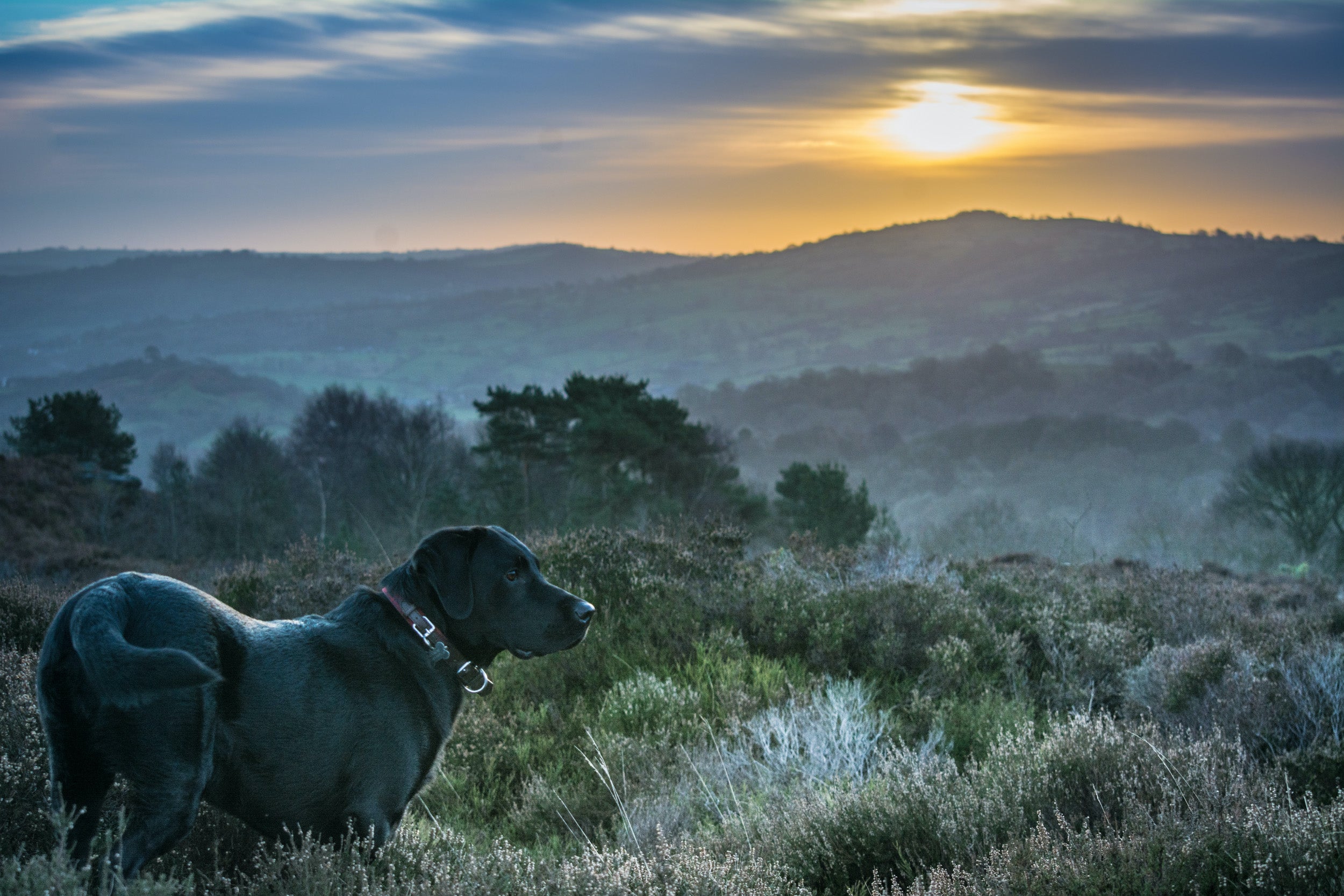Australia's diverse climate allows for a wide variety of beautiful plants to thrive in our gardens and homes. However, while many of these plants add beauty and charm to our environments, some can pose serious health risks to our furry friends. Here are ten common plants that are toxic to dogs:
1. Aloe Vera
Known for its soothing properties, Aloe Vera is a popular plant in many Australian homes. However, if ingested by dogs, it can cause vomiting, diarrhea, and tremors. Keep this medicinal plant out of your pet's reach.
2. Azaleas
These vibrant, colorful flowers are a common sight in Australian gardens. Despite their beauty, Azaleas can cause vomiting, diarrhea, and, in severe cases, coma or death if ingested by dogs.
3. Daffodils
A sign of spring, Daffodils are loved for their bright yellow flowers. However, all parts of this plant, particularly the bulbs, can cause severe gastrointestinal upset, including vomiting and diarrhea, in dogs.
4. Tulips
Tulips are a favorite in many gardens, but their bulbs contain toxins that can cause intense gastrointestinal irritation, drooling, loss of appetite, and central nervous system depression in dogs.
5. Sago Palm
The Sago Palm is a striking plant that is often found in Australian gardens and landscapes. Unfortunately, it is extremely toxic to dogs, causing vomiting, diarrhea, seizures, and liver failure. All parts of this plant are dangerous, especially the seeds.
6. Oleander
Common in warmer coastal regions of Australia, Oleander is a hardy shrub known for its beautiful flowers. However, all parts of this plant are toxic and can cause severe vomiting, decreased heart rate, and even death if ingested by dogs.
7. Dieffenbachia (Dumb Cane)
A popular indoor plant, Dieffenbachia, can cause oral irritation, vomiting, and difficulty swallowing in dogs if they chew on its leaves. It's best kept out of reach of pets.
8. Ivy
Often used as a ground cover or ornamental plant, Ivy can cause gastrointestinal upset and abdominal pain if ingested by dogs. It's advisable to prevent your pets from coming into contact with this plant.
9. Autumn Crocus
Although less common than other plants on this list, the Autumn Crocus can still be found in some Australian gardens. Ingestion can lead to severe vomiting, gastrointestinal bleeding, liver and kidney damage, and respiratory failure.
10. Chrysanthemums
Widely used in gardens and as cut flowers, Chrysanthemums can cause gastrointestinal upset, including drooling, vomiting, and diarrhea, as well as skin irritation in dogs.
Keeping Your Pets Safe
As a responsible pet owner, it's crucial to be aware of the plants in your environment and ensure they do not pose a risk to your animals. If you suspect your dog has ingested a toxic plant, contact your veterinarian immediately.
Consider planting pet-safe alternatives in your garden and indoor spaces to create a safe and enjoyable environment for your furry friends. Plants such as Spider Plants, Areca Palms, and Boston Ferns are great choices that add greenery without the risk of toxicity.
By being mindful of the plants you introduce into your home and garden, you can help ensure the safety and well-being of your beloved pets.



